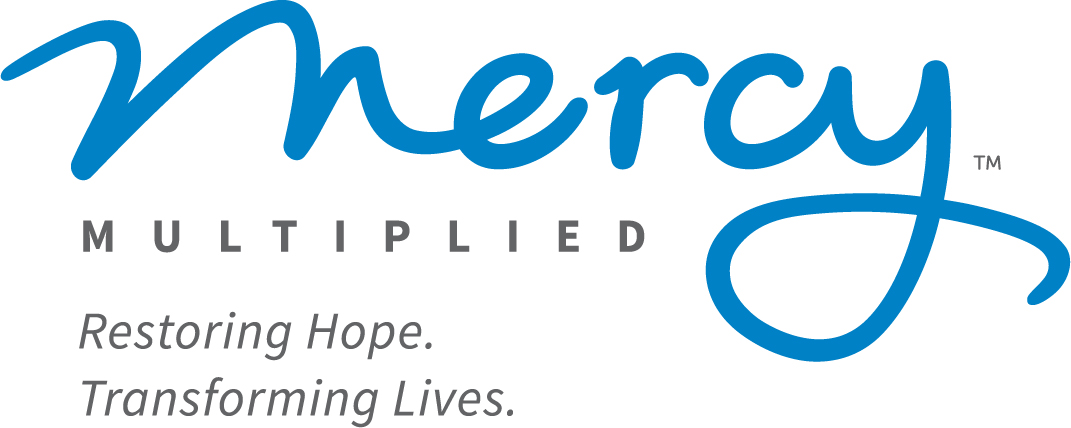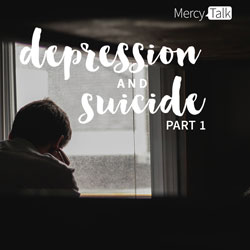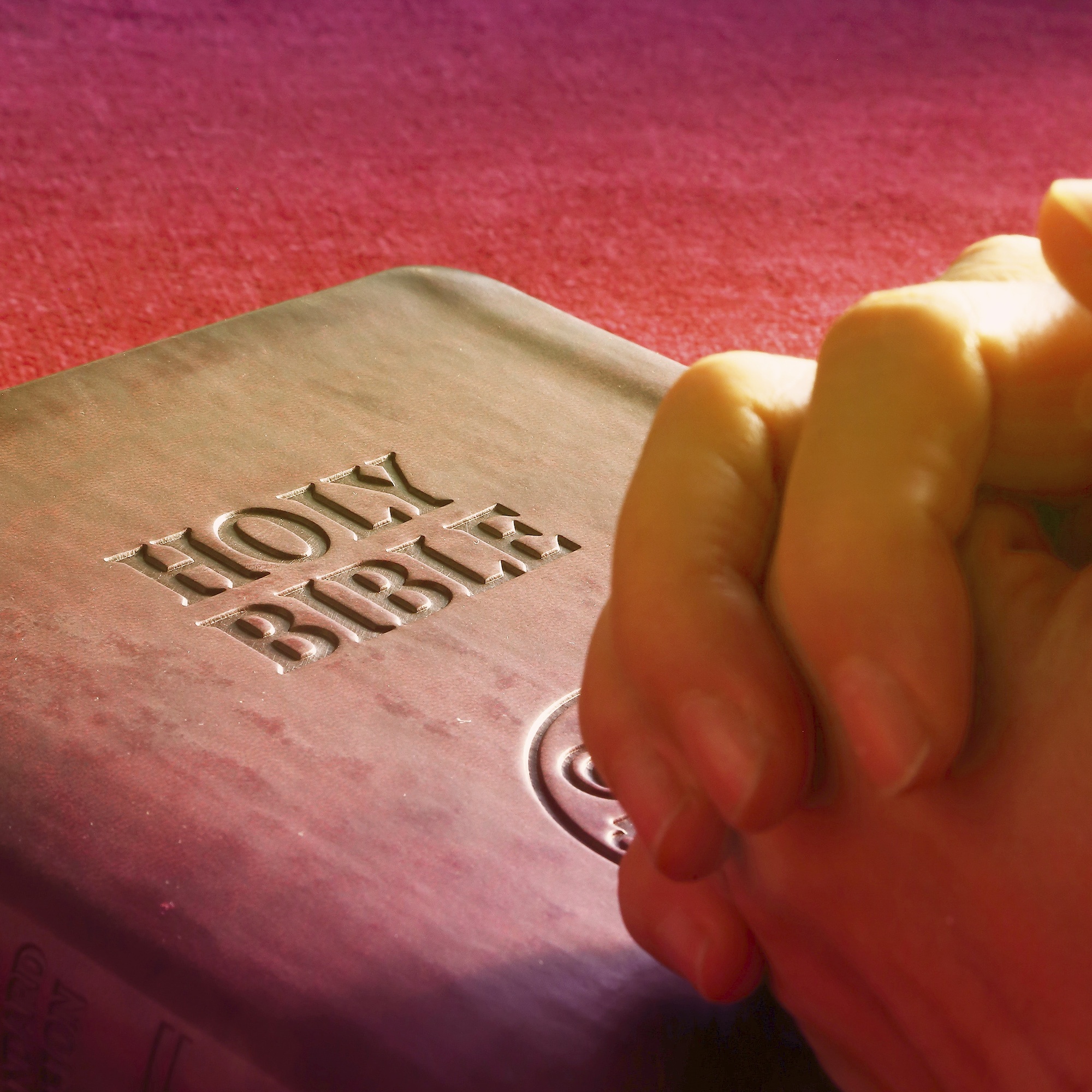Depression
The Numbers

Over 51.5 million Americans have a mental health condition. That’s more than the populations of New York and Texas combined.
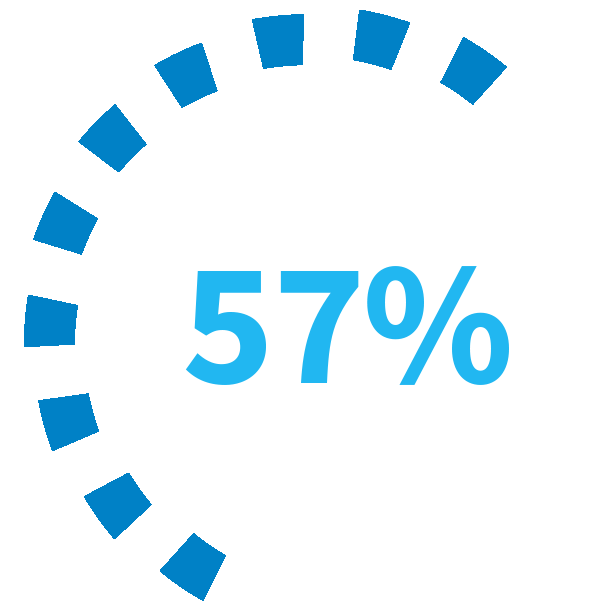
57% of youth with major depression do not receive any mental health treatment.
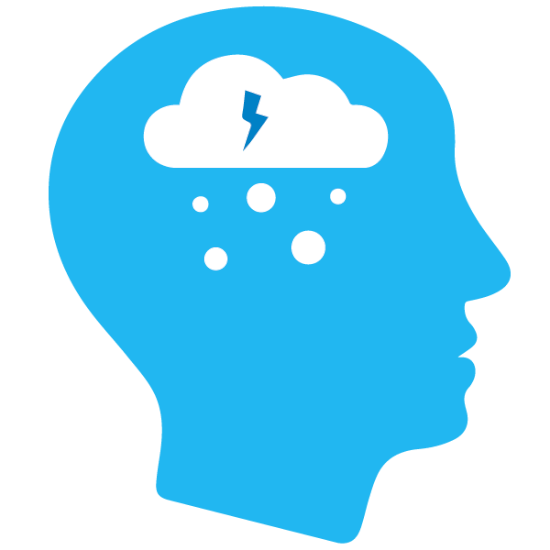
12% of youth (ages 12-17) reported suffering from at least one major depressive episode in the past year.
What is Depression?
Everyone feels sad sometimes. Depression is when those feelings of sadness get so intense that you feel helpless, hopeless, or worthless for longer than a few days. Sometimes you also may have trouble concentrating or sleeping and you may feel incredibly tired all the time.
Feeling sad or lonely at times is a normal part of life. However, if these feelings interfere with your daily life and cause emotional pain for either you or those around you, you may be dealing with depression. Depression varies from person to person, and not everyone who is depressed experiences every symptom. When these symptoms become overwhelming and keep you from engaging in and enjoying daily activities, you should seek help.
Depression is a major risk factor for suicide. The deep despair and hopelessness that goes along with depression can make suicide feel like the only way to escape the pain. If you have a loved one with depression, take any suicidal talk or behavior seriously and learn to recognize the warning signs.
Signs & Symptoms
Possible Signs & Symptoms of Depression
- Feelings of helplessness and hopelessness. A bleak outlook—nothing will ever get better and there’s nothing you can do to improve your situation.
- Loss of interest in daily activities. No interest in former hobbies, pastimes, or social activities. You’ve lost your ability to feel joy and pleasure.
- Appetite or weight changes. Significant weight loss or weight gain—a change of more than 5% of body weight in a month.
- Sleep changes. Either insomnia, especially waking in the early hours of the morning, or oversleeping (also known as hypersomnia).
- Anger or irritability. Feeling agitated, restless, or even violent. Your tolerance level is low, your temper short, and everything and everyone gets on your nerves.
- Loss of energy. Feeling fatigued, sluggish, and physically drained. Your whole body may feel heavy, and even small tasks are exhausting or take longer to complete.
- Self-loathing. Strong feelings of worthlessness or guilt. You harshly criticize yourself for perceived faults and mistakes.
- Reckless behavior. You engage in escapist behavior such as substance abuse, compulsive gambling, reckless driving, or dangerous sports.
- Concentration problems. Trouble focusing, making decisions, or remembering things.
- Unexplained aches and pains. An increase in physical complaints such as headaches, back pain, aching muscles, and stomach pain.
Warning Signs of Suicide
- Talking about killing or harming one’s self
- Expressing strong feelings of hopelessness or being trapped
- An unusual preoccupation with death or dying
- Acting recklessly, as if they have a death wish (e.g. speeding through red lights)
- Calling or visiting people to say goodbye
- Getting affairs in order (giving away prized possessions, tying up loose ends)
- Saying things like “Everyone would be better off without me” or “I want out”
- A sudden switch from being extremely depressed to acting calm and happy
In teens, symptoms of suicidal thoughts may include:
- Irritability, feeling negative and worthless, anger
- Poor performance or poor attendance at school
- Feeling misunderstood and extremely sensitive
- Drug or alcohol use
- Eating or sleeping too much
- Self-harm
- Loss of interest in normal activities
- Avoidance of social interaction
If you or someone you know is having suicidal thoughts, seek help immediately.
- Call a suicide hotline number; in the United States, call the National Suicide Prevention Lifeline at 800-273-TALK (800-273-8255) to reach a trained counselor
- Reach out to a family member, friend, or teacher
- Contact a pastor, mentor, or someone in your faith community
- Make an appointment with your doctor, mental health provider or other health care provider
- Contact the police or go to the emergency room or if there is an active plan to commit suicide; do not leave the individual unattended
For more information about how you can support someone who is dealing with a life-controlling issue, click here.
Need Help?
If you or someone you know is struggling with depression, Mercy Multiplied can help. Our residential program helps young women ages 13-32. If you reside in Monroe, LA or St Louis, MO, please consider applying to our Center for Wellness and Counseling. These outpatient counseling services are offered to men and women 13 and older. Our residential and outpatient services are free-of-charge, and you can learn more about these services here. If you do not qualify for either of these programs, please consider finding a Christian counselor in your area or visit aacc.net.
